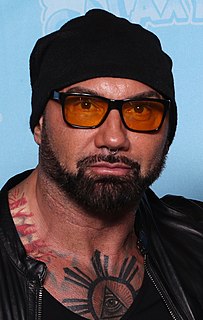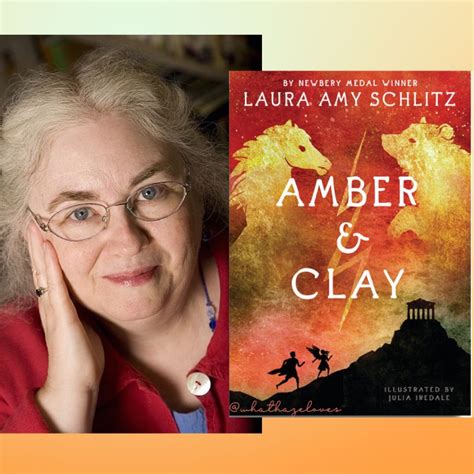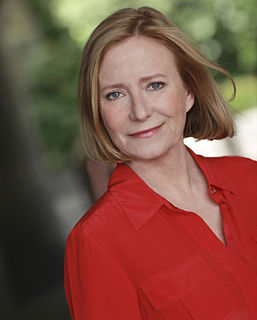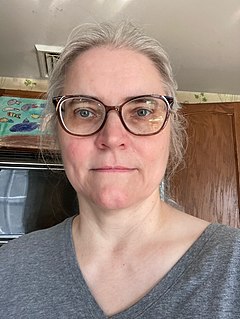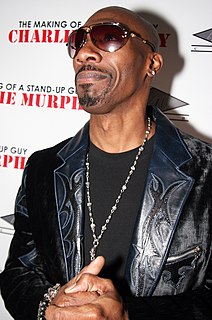A Quote by Patrick Rothfuss
After two years of sending out query letters and failing to get an agent, I made friends with an author, who was nice enough to introduce me to his agent. That got my foot in the door.
Related Quotes
If you want to be traditionally published, then you most likely want to get a literary agent. To sign with an agent, you need to send them a query letter, but agents can get up to 20,000 query letters a year. With numbers like that, it helps to get in front of agents with every opportunity you have.
It wasn't exactly a cattle call. I had an agent, and they were seeing people for the parts, so my agent said, "Here's the script, see if there's anything that speaks to you." And I did, and I called my agent and said, "I think this character Data is kind of interesting," and she said, "Well, okay, I'll get you the appointment with Junie Lowry." I had to read with the casting agent first, 'cause nobody really knew me then. Then after that, I had, I think, six different auditions for the role. And finally it was me [on Star Trek].
In researching literary agents I did what the books tell you to do: I looked at the acknowledgments page of a book that was similar to mine. Happily, that author thanked his agent. I looked up the agent on the web and found out that he not only represented authors writing books similar to mine, but I knew some of his clients! So, I sent in the manuscript, and they decided to represent it.
I wanted an agent who would actually sell stuff. After two British agents failed comprehensively, I was reading Locus (the SF field's trade journal) and noticed a press release about an experienced editor leaving her job to join an agent in setting up a new agency. And I went "aha!" - because what you need is an agent who knows the industry but who doesn't have a huge list of famous clients whose needs will inevitably be put ahead of you. So I emailed her, and ... well, 11 years later I am the client listed at the top of her masthead!


